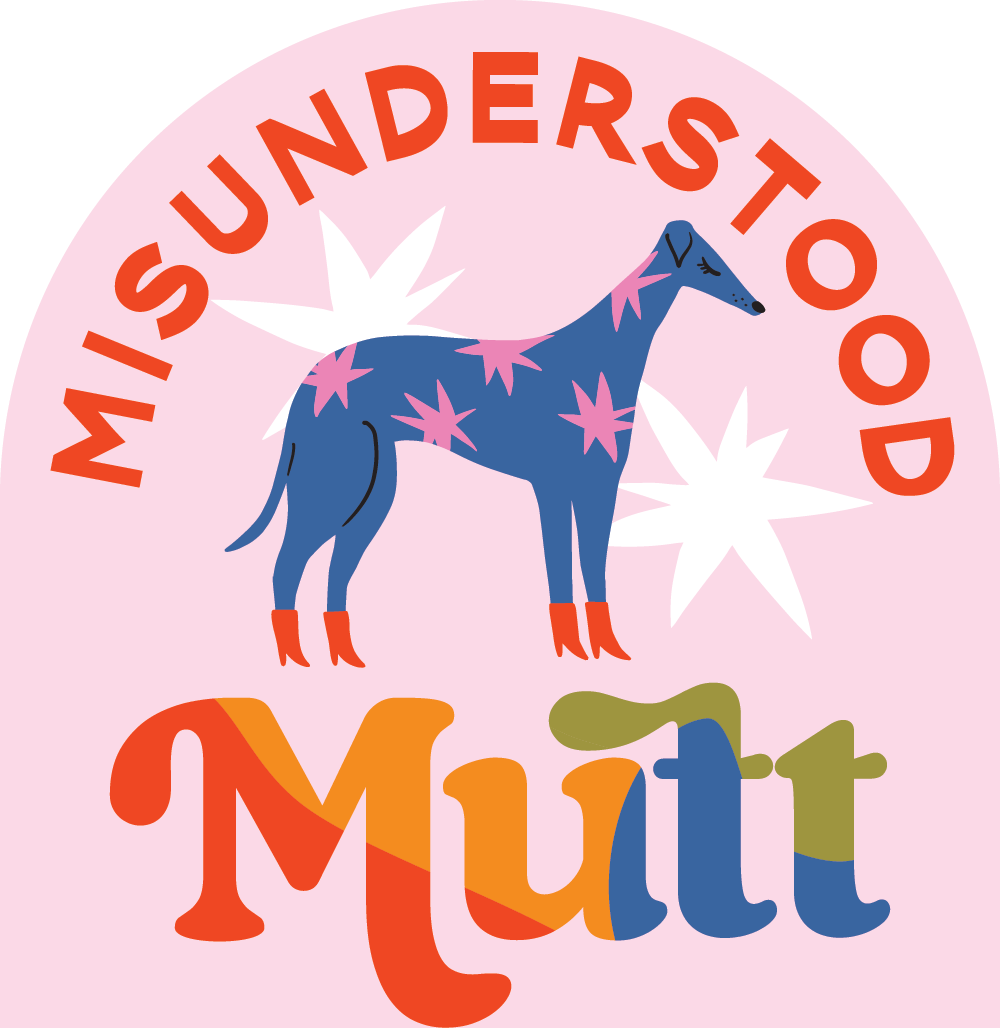3 Things to Consider When Hiring a Dog Trainer
There are so many places to look for a dog trainer, but which one should you go with? I will go over the top 3 things you should consider when hiring a dog trainer.
For starters, let me introduce myself. My name is Emily Fitzpatrick, VSA-CDT and I am the founder and head trainer of Misunderstood Mutt, LLC or otherwise known as Misunderstood Mutt Dog Training. Now that we got that part out of the way, let’s get back to talking about finding a dog trainer to guide you and your dog through your training journey together!
3 Important Things Consider:
1) Credentials
You know those letters that you read after my name, VSA-CDT? Those stand for Victoria Stilwell Academy Certified Dog Trainer. Those are my credentials.
Credentials show that the trainer in consideration has gone through schooling to obtain knowledge on how dogs learn, the importance of dog body language, how to implement enrichment to meet their needs, and have learned multiple ways to work through problems by training new behaviors. Along with that, it shows that the trainer has been tested on their knowledge as well as having their skills assessed.
When you begin seeking out a trainer, the first thing that you want to look for are their credentials. You wouldn’t have surgery done by someone who has never gone through medical school, right? Dog training should be treated the same way.
You may come across dog trainers who have 10+ years of experience with no real credentials, stating they learned from owning dogs their whole life, from YouTube or simply self taught. These are all red flags and you should run far far away from these trainers.
Here are some credentials to look for:
This is also another way to know that the trainer has spent the time and money to truly understand dog behavior, dog body language, training mechanics and have a thorough understanding of how dog’s learn.
2) Training Methods and Tools
The next thing to look for are their training methods and tools. You may think that the methods don’t truly matter however, they truly do. Seeking out a certified dog trainer who utilizes ethical, humane and science based methods that focus on the welfare of the dog is crucial.
The main tools that a responsible and knowledgable certified dog trainer will recommend for you to use with your dog are a clicker, treats, toys, long leash, properly fitted y-shaped harness, treat pouch and a mat.
Along with those, crates, baby gates and x-pens are often used as management tools.
A few phrases to look for when a trainer is describing their methods are:
force free
fear free
R+ (positive reinforcement)
science-based
The goal should be to seek out a certified dog trainer who will put the needs of your dog first, help you create a safe learning environment while setting your dog up for success while teaching your dog new behaviors.
Because I gave you the lingo and tools to be on the lookout for, I will also provide you with a few red flags that you should avoid when hiring a dog trainer:
balance/balanced
corrections/correctional tools/collars/leash pressure
pack leader/pack walks
alpha
dominance
dog whisperer/psychologist
prong collar, e-collar and slip leads
Hint: dogs are incredibly smart and can easily be taught with strictly positive reinforcement based techniques. It truly is all about finding a trainer who has the knowledge and skills to guide you through the journey.
3) Personality
Your dog trainer’s personality is definitely something that should be considered and is often overlooked. When you find a dog trainer who you feel comfortable with, who you can communicate clearly to and feel as though your concerns are being heard and valued is pure gold! You should be able to laugh with your trainer, celebrate with them, come to them during the difficult times and feel like they have not only your back but more importantly, your dog’s back.
The entire learning experience for you and your dog is greatly improved when you are working with a qualified, empathetic and compassionate dog trainer who invests in their education.
If at any point you feel uncomfortable with the methods your trainer is using on your dog, the instructions are unclear or you simply are no longer vibing then it’s time to speak up and seek help elsewhere!
Remember, you are here to advocate for your dog.
Emily Fitzpatrick, VSA-CDT

